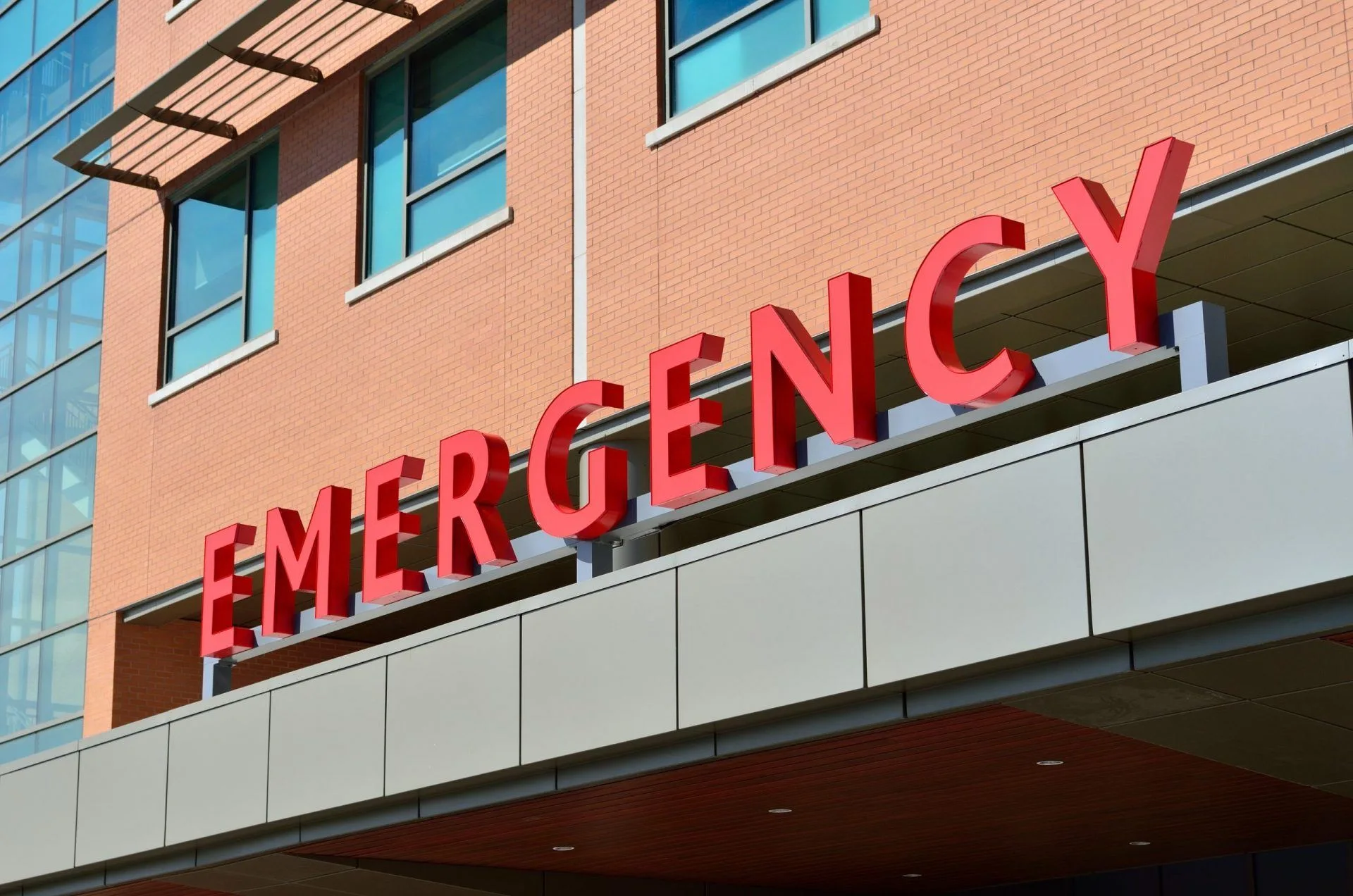If you’re dealing with an injury, whether it’s a major or minor condition, you have a few options on how to seek care: the ER, urgent care, or your primary doctor.
Choosing which healthcare facility to visit depends on what you’re suffering from. If you’re in Kentucky, read on to learn whether you need to visit an ER at a Lexington hospital, urgent care in Lexington, KY, or your local primary care physician. Longevity Live Paid Content.
When to Go to the ER
The emergency room is the best place to go if you have a life-threatening injury. An ER has many healthcare professionals on staff including physicians, physician assistants, nurse practitioners, and nurses trained to provide emergency care services for your needs. The hospital also has specialists available to handle any specific needs such as a neurologist or cardiologist.
ERs are open 24 hours a day, 7 days a week, and 365 days a year, so no matter when you are experiencing an issue, you can go to an ER to get the care you require. While an ER can take care of non-life-threatening injuries, there are other options available that are most easily accessible and affordable, so it’s best to only visit an ER for a life-threatening injury.
Below are a few examples of what is considered a life-threatening injury:
- Moderate or severe burns
- Pregnancy-related problems
- Severe allergic reaction
- Severe dizziness
- Severe nausea or vomiting
- Symptoms of a heart attack, such as chest pain or shortness of breath
- Symptoms of a stroke, such as loss of balance or vision, numbness, slurred speech, or drooping face
- Suicidal or homicidal thoughts
- Trauma to the head, neck, or back
- Unconsciousness
- Uncontrollable or heavy bleeding
 When to Go to Urgent Care
When to Go to Urgent Care
Urgent care in Lexington, KY is a great option if you have a non-life-threatening injury and is typically for cases that aren’t severe enough for an emergency room visit, or you are unable to visit your primary care doctor. Urgent care clinics are staffed with physicians, physician assistants, and nurse practitioners trained to handle minor injuries by diagnosing and providing recommended treatment plans.
The major appeal of urgent care is the hours. Urgent care clinics operate during normal business hours in addition to nights, weekends, and some holidays. This makes urgent care in Lexington, KY a convenient solution if you’re facing an injury outside your primary care physician’s hours or are unable to get a last-minute appointment with your doctor.
Below are a few examples of what is considered a non-life-threatening injury:
- Breathing difficulties, such as mild asthma symptoms
- Bug stings
- Cold, Flu, or Fever
- Dehydration
- Diarrhea
- Eye irritation or redness
- Minor allergic reactions
- Minor burns
- Nausea
- Severe sore throat or cough
- Skin rashes or infections
- Sprains or strains
- Urinary Tract Infection (UTI)
- Vomiting
When to Go to Your Primary Doctor

Monkey Business Images/Shutterstock
If you have a non-life-threatening injury (listed above), your best bet is to call your doctor first. If it’s during the office’s normal business hours, give them a call. See if you can get an appointment and if not, try to speak with a nurse at the practice to explain your symptoms.
They can usually advise what you can do, whether that’s waiting for an appointment, visiting urgent care in Lexington, KY, or going to the ER.
If you’re able to get in with your primary care physician, that will be the best way to go. Your doctor has all of your information on file and you likely have an established relationship with them which means they can provide the best level of care for you specifically. Your doctor knows your medical history, allergies, and medications which is vital information for creating appropriate treatment plans.
Always keep your primary care doctor in the loop
In the event that you do have to go to urgent care or the ER instead of your primary doctor, a healthcare professional at either facility will recommend following up with your doctor. It will be essential to keep your primary care doctor in the loop on any medical injuries you face and the treatment plans you’re going through.
In general, whether you’re facing an injury or not, it’s recommended to visit your primary care doctor at least once per year for an annual check-up. Between appointments, you can visit your doctor for any other, non-emergent, medical challenges you’re experiencing.
Conclusion
Dealing with an injury can feel stressful when you don’t know where to go to seek help, especially if you’re unable to get in contact with your primary care doctor. With these tips, you have the information you need to make an informed decision about the type of care you can seek if you have a medical issue.



![women [longevity live]](https://longevitylive.com/wp-content/uploads/2020/01/photo-of-women-walking-down-the-street-1116984-100x100.jpg)










